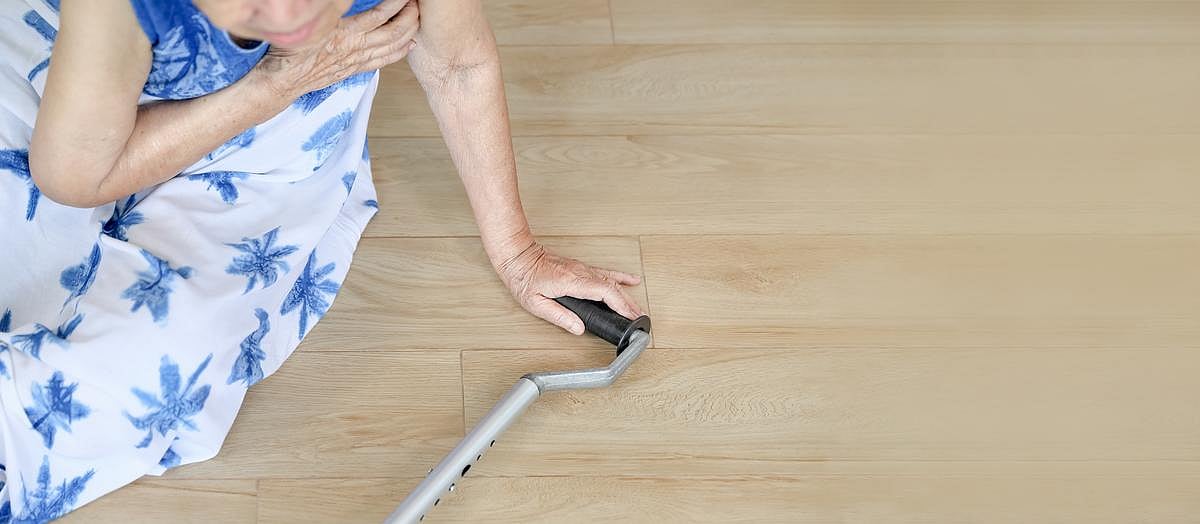We take our role in your health very seriously. Come in today to see how we can help.


Staying informed is also a great way to stay healthy. Keep up-to-date with all the latest health news here.
21 Oct
More Teens Are Using Protein Supplements to Boost Muscle Growth
A new poll from C.S. Mott Children’s Hospital finds a growing number of teens are using protein bars, shakes and powders for everything from muscle growth to weight loss.
18 Oct
PFAS ‘Forever Chemicals’ Found in Bottled and Tap Water Samples from Around the World
Researchers detect 10 PFAS chemicals in tap and bottled water samples collected from 15 countries.
17 Oct
Standing More Than Sitting May Not Help Your Heart
A new study finds standing without actual movement or exercise has no real cardiovascular benefits over sitting.
Washington Becomes 6th State to Report Bird Flu in Humans
TUESDAY, Oct. 22, 2024 (HealthDayNews) -- Four farm workers who helped cull poultry on an commercial egg farm in Washington are presumed to have been infected with bird flu, making that state the sixth in the country to report human H5N1 infections this year.
"These are the first presumed human cases of H5 virus under investigation in Wash...
- Robin Foster HealthDay Reporter
- |
- October 22, 2024
- |
- Full Page
Seniors Who Split: Rates of 'Gray Divorce' Have Tripled Since 1990
Baby Boom seniors are divorcing at rates triple that of a few decades ago, a new study has found.
“Gray divorce” among folks 65 and older increased to 15% in 2022 from 5% in 1990, according to research from the National Center for Family and Marriage Research at Bowling Green State University.
Increased life expectancy an...
- Dennis Thompson HealthDay Reporter
- |
- October 22, 2024
- |
- Full Page
Black Patients 22% More Likely to Die After Bypass Surgeries
Heart bypass operations have gotten safer, but not everyone is benefiting equally: New data shows that Black patients face a 22% higher odds of dying in the hospital after their surgeries.
“We found Black patients who have coronary artery bypass surgery experience higher rates of severe postoperative complications, including death an...
- Ernie Mundell HealthDay Reporter
- |
- October 22, 2024
- |
- Full Page
Cataract Surgery Could Save Your Eyesight and Maybe Your Life
Cataract surgery could restore good vision to older people and by doing so cut their odds for potentially life-threatening falls, a new study finds.
Folks who got the surgery had significantly lower odds for bone fractures and brain hemorrhages linked to falling compared to people with cataracts who didn't get the operation, researchers re...
- Ernie Mundell HealthDay Reporter
- |
- October 22, 2024
- |
- Full Page
Eczema Could Be Linked to Poorer Leg Artery Function
The skin condition eczema appears to be linked to a serious condition that can end in leg amputation, a new study finds.
People with eczema are at significantly higher risk of developing peripheral vascular disease, researchers reported recently in the journal Clinical and Experimental Dermatology.
Peripheral vascular diseas...
- Dennis Thompson HealthDay Reporter
- |
- October 22, 2024
- |
- Full Page
U.S. Infant Deaths Rose After Fall of Roe v. Wade
The United States experienced a small but significant rise in infant deaths in the months following the U.S. Supreme Court's decision overturned Roe v. Wade, a new study shows.
The Dobbs ruling, handed down in July of 2022, led to outright bans on abortion in 14 states and tighter restrictions in eight others.
According to researcher...
- Ernie Mundell HealthDay Reporter
- |
- October 21, 2024
- |
- Full Page

Health News is provided as a service to Morganton Drug site users by HealthDay. Morganton Drug nor its employees, agents, or contractors, review, control, or take responsibility for the content of these articles. Please seek medical advice directly from your pharmacist or physician.
Copyright © 2024 HealthDay All Rights Reserved.
Our Affiliations


















.jpg?w=1920&h=1080&mode=crop&crop=focalpoint)
